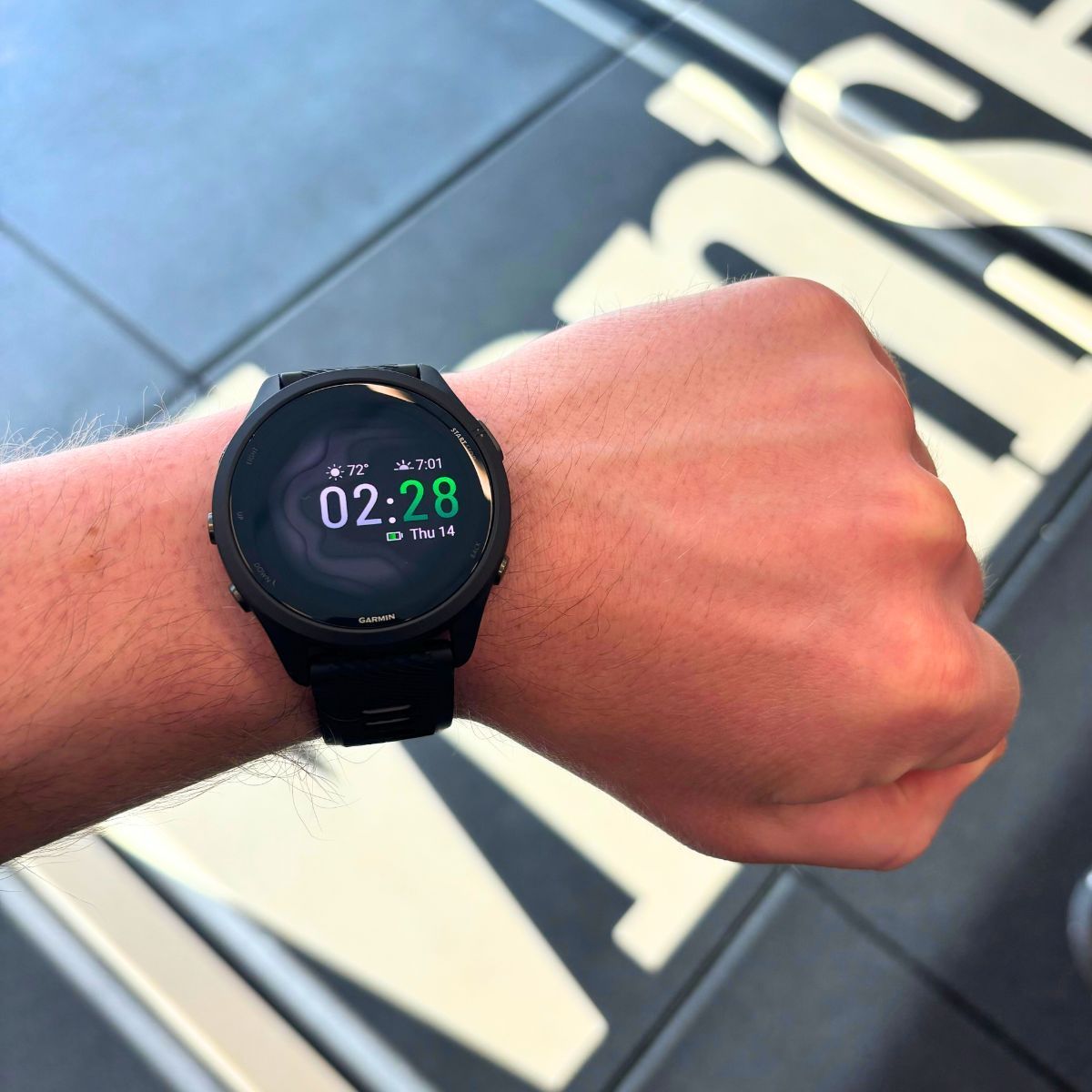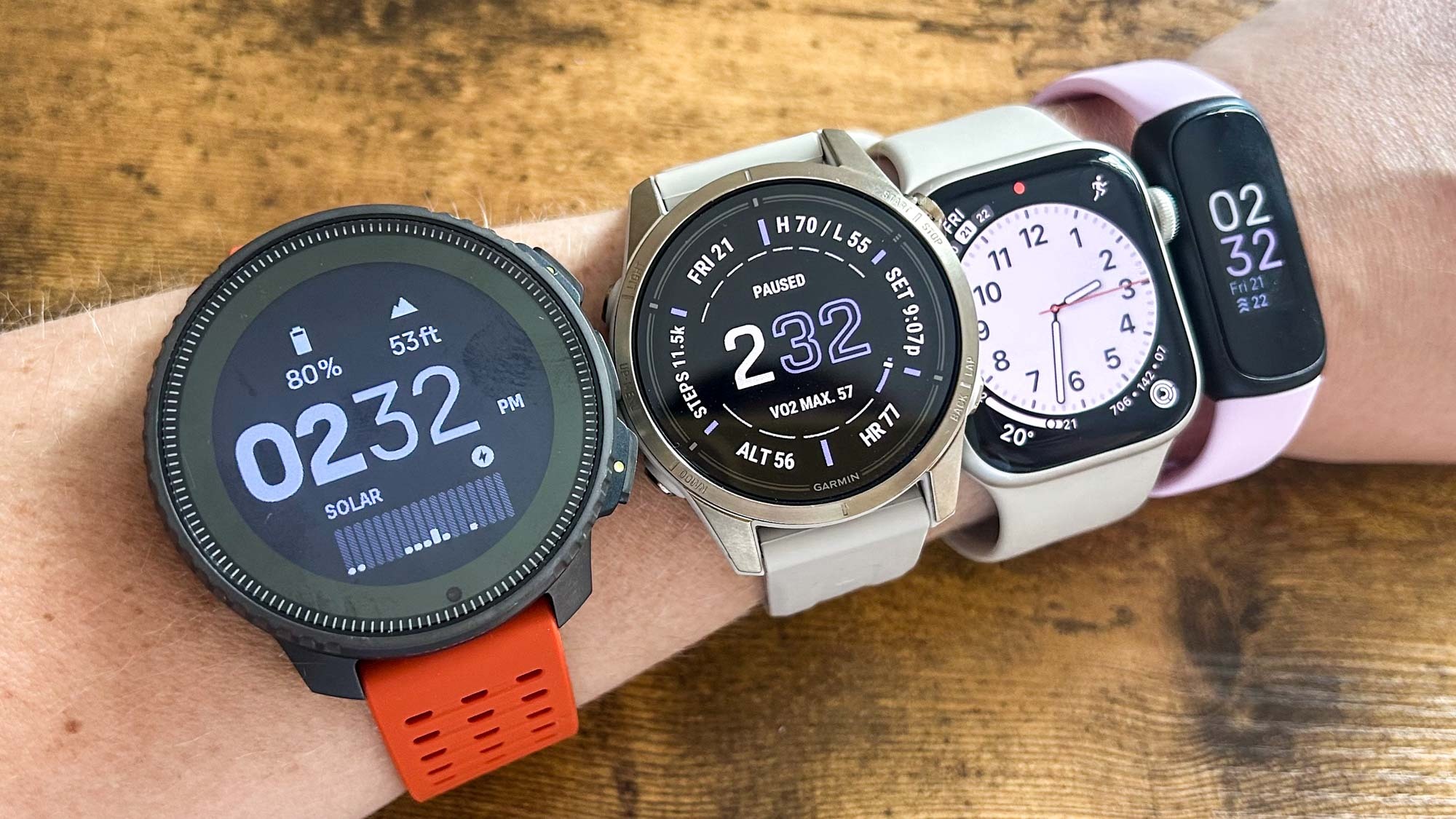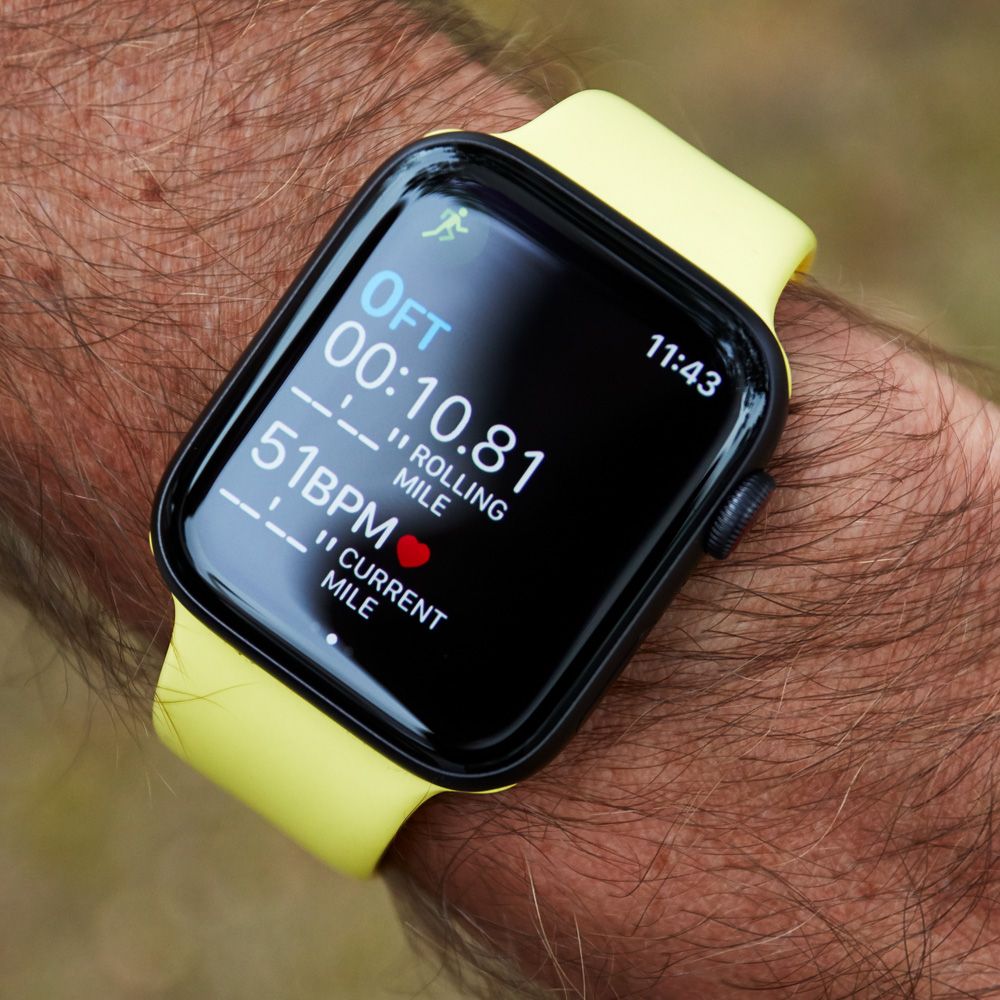Are you tired of guessing whether your fitness watch is giving you the right data? You rely on it to track your steps, heart rate, and workouts, but how accurate is it really?
Choosing the most accurate fitness watch can make a huge difference in reaching your health goals. You’ll discover which fitness watch delivers the most precise results, so you can trust your numbers and push your performance further. Keep reading to find the perfect match for your active lifestyle.
Accuracy Factors In Fitness Watches
Fitness watches track many health and activity details. Accuracy matters most for trust and usefulness. Several factors affect how well these devices measure data. Understanding these helps you pick the right watch.
Sensors And Technology
Sensors inside the watch collect body and movement data. Optical sensors read heart rate by shining light on skin. Accelerometers detect motion and count steps. Gyroscopes track direction and rotation. The quality of these sensors changes accuracy. Better sensors give more precise results.
Heart Rate Monitoring
Heart rate sensors use light to measure blood flow. They work best with tight contact on the wrist. Movement and skin tone can affect readings. Some watches use chest straps for more exact data. The method and sensor quality define accuracy here.
Gps Precision
GPS tracks your location and distance during workouts. Watches use satellite signals to map routes. Signal strength can vary in cities or forests. Watches with multiple satellite support improve accuracy. Good GPS helps measure speed and distance well.
Step Counting Reliability
Step counters use motion sensors to track walking or running. They must ignore non-step movements to avoid errors. Some watches use advanced algorithms to improve counts. Accuracy depends on sensor sensitivity and software. Reliable step counts help track daily activity correctly.

Credit: tehachapisportsmanclub.com
Top Fitness Watches For Accuracy
Choosing a fitness watch with high accuracy helps track your health well. Accurate data improves workout results and daily activity records. Some watches use advanced sensors and software for precise tracking. The following list shows top fitness watches known for their accuracy across price ranges.
Premium Models
Premium fitness watches offer top accuracy with advanced technology. These models use multi-sensor systems for heart rate, GPS, and sleep tracking. Brands like Garmin, Apple, and Polar lead this category. They provide reliable data for serious athletes and fitness lovers.
Features include built-in GPS, optical heart sensors, and long battery life. These watches often include extra tools like VO2 max and recovery metrics. They cost more but deliver detailed and consistent health insights.
Mid-range Options
Mid-range watches balance price and accuracy well. They include key sensors for heart rate and GPS tracking. Fitbit Versa and Samsung Galaxy Fit are popular in this group. These watches suit casual users who want good data without a high cost.
They offer solid step counting, sleep tracking, and workout modes. Battery life is decent for everyday use. These models provide accuracy that meets most fitness goals.
Budget-friendly Choices
Budget fitness watches deliver basic accuracy for simple tracking needs. Brands like Xiaomi and Amazfit offer affordable options. These watches track steps, heart rate, and calories burned.
They may lack advanced sensors but still provide useful health information. Battery life often lasts several days. Ideal for beginners or those who want a simple fitness tracker.
Performance Comparison
Performance comparison helps find the most accurate fitness watch. It shows how different models track your activities and health. Testing watches under real conditions reveals their strengths and weaknesses. Accuracy matters for steps, heart rate, and calories. This section breaks down key points to consider.
Real-world Testing Results
Tests in real life show how watches perform outside labs. Some watches record steps and heart rate closer to medical devices. Others may lag during intense workouts or fast movements. Accuracy often drops in swimming or cycling. Look for watches with consistent results over various activities.
User Feedback And Reviews
Users share honest experiences about watch accuracy. Many report good tracking for walking and running. Some notice errors in calorie counts or sleep tracking. Reviews highlight models that stay reliable over time. Checking user feedback helps spot common issues and benefits.
Battery Life Impact On Accuracy
Battery life affects how well watches track data. Low battery can cause sensors to work less accurately. Some watches reduce features to save power, lowering precision. Watches with longer battery life keep steady accuracy longer. A balance between battery and sensors is key for best results.

Credit: www.tomsguide.com
Choosing The Right Watch For You
Choosing the right fitness watch means matching it to your needs. Not every watch fits every person. Your daily activities and goals matter most. A good watch tracks your health and helps you improve.
Think about what you do each day. Some watches work best for running or swimming. Others suit gym workouts or cycling. Knowing your activity helps pick the right watch.
Activity Type Considerations
Different watches focus on different activities. Some excel at step counting and heart rate. Others track swimming or GPS routes better. Choose a watch that fits your main sport. This ensures accurate tracking and better feedback.
Compatibility With Devices
Check if the watch works with your phone or computer. Some watches need specific apps to show data. Make sure it pairs well with your device. This keeps syncing smooth and easy.
Additional Features To Consider
Extras like sleep tracking and notifications can help daily use. Battery life is also key. Longer battery means less charging and more tracking. Choose features that add value to your routine.

Credit: burgerjointhtx.com
Frequently Asked Questions
Which Fitness Watch Offers The Most Accurate Heart Rate Tracking?
The Apple Watch Series 8 and Garmin Forerunner 955 are top for heart rate accuracy. They use advanced sensors and algorithms. These watches provide real-time, reliable heart rate data during various activities. Both are widely trusted by fitness enthusiasts and professionals for precision.
How Do Fitness Watches Measure Step Count Accurately?
Fitness watches use accelerometers and gyroscopes to detect motion and count steps. Advanced models filter out non-walking movements to improve accuracy. Regular calibration and firmware updates also enhance step counting precision. Accuracy varies by brand but top models offer highly reliable step tracking.
Are Gps Features Accurate In All Fitness Watches?
Not all fitness watches have equally accurate GPS. Premium brands like Garmin and Suunto offer high-precision GPS tracking. They support multiple satellite systems for better location accuracy. Budget models may have lag or less precise route tracking. Always choose based on your activity needs.
Does Wrist Placement Affect Fitness Watch Accuracy?
Yes, wrist placement impacts sensor readings. Wearing the watch snugly, above the wrist bone, ensures better contact with skin. Loose placement can cause inaccurate heart rate and step tracking. Proper fit improves data reliability and overall watch performance during workouts.
Conclusion
Choosing the most accurate fitness watch depends on your needs and budget. Some models track heart rate better, while others measure steps more precisely. Battery life and comfort also matter a lot. Think about which features you use the most every day.
Remember, no watch is perfect for everyone. Test a few if you can. Your fitness journey deserves a watch that fits your lifestyle well. Accuracy helps but feeling good wearing it counts too. Make a choice that keeps you motivated and active.
